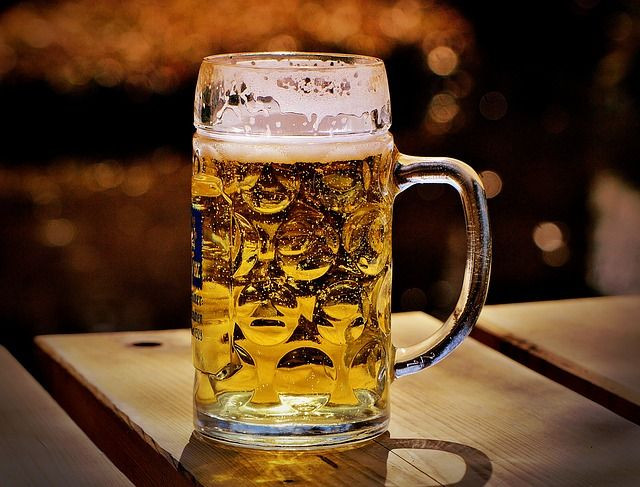Alcohol And Pregnancy: How Heavy Drinking Affects Fertility

Spending too much time at the bar may inadvertently harm a woman’s chances of having children, suggests recent research published in The BMJ.
Danish researchers analyzed data from two of their earlier studies of over 6,000 women in a stable relationship who had been trying to conceive without the help of fertility treatments. By January 2016, 69 percent, or around 4,000 women, had successfully conceived. When the researchers accounted for the women’s self-reported drinking habits — collected via bimonthly questionnaires —they found a slight but noticeable pattern: Women who drank more than 14 servings of alcohol a week were on average 18 percent less likely to conceive in any given menstrual cycle than women who reported no drinking. Importantly, though, there was no such detriment from moderate alcohol consumption, defined as 1 to 7 servings a week, nor did the specific type of alcohol consumed have any impact.
“Consumption of less than 14 servings of alcohol a week seemed to have no discernible effect on fertility,” the authors concluded.
The evidence on whether low to moderate alcohol consumption can influence women’s fertility has been mixed. Compared to earlier research, however, the current study is among the largest of its kind. Even still, the authors were cautious to make any grand proclamations about the exact effect that heavy drinking can have on fertility, especially since relatively few women fit the bill. Only 1.2 percent of women reported drinking that much weekly, while the median amount of alcohol drank was 2 servings per week. They also weren’t able to account for women who binge-drank as opposed to drinking heavily regularly; the former in particular may be more damaging to a woman’s short-term fertility.
Reassuring as the findings are, the researchers aren’t suggesting that couples preemptively celebrate their expected child with semi-weekly wine socials.
“[B]ecause the fetus may be particularly vulnerable to alcohol during the first few weeks after conception, it would seem prudent for women who are actively trying to become pregnant to abstain from alcohol during their fertile window until a pregnancy has been ruled out,” the authors wrote.
Elsewhere, other research has shown moderate drinking can muck up the quality of a man’s sperm, so couples still aren’t entirely off the hook.
Source: Mikkelson E, Riis A, Wise L, et al. Alcohol consumption and fecundability: prospective Danish cohort study. The BMJ. 2016.



























